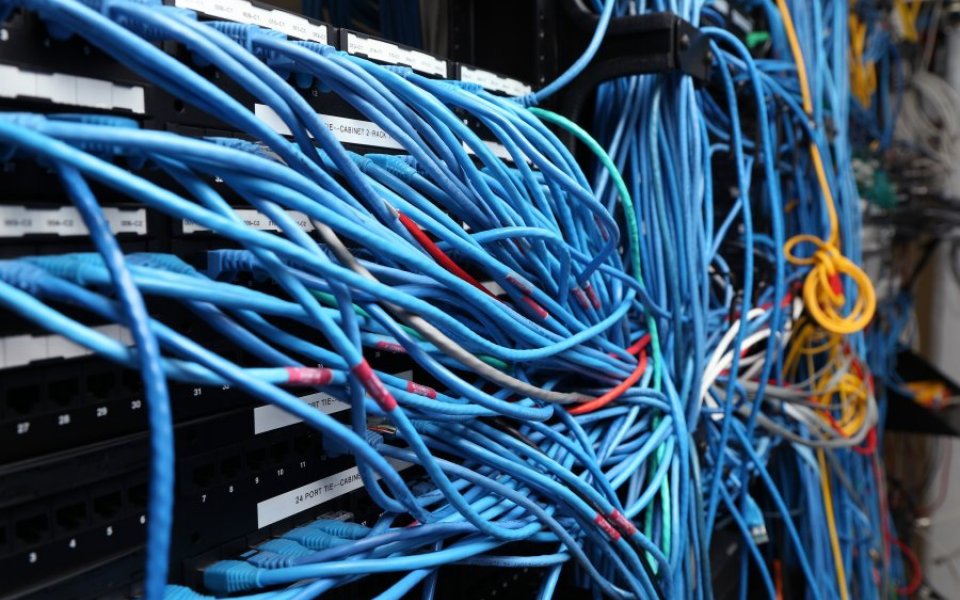BT Openreach ruling: Has Ofcom done enough to ensure broadband competition?

Dana Tobak, managing director of Hyperoptic, says Yes.
Yes – for now. Ofcom has rightly focused on the key areas of change required to promote investment in fibre and to support true product competition for consumers. By keeping structural separation as the potential “naughty step”, Ofcom has ensured that Openreach should be compelled to partner in the use of its ducts rather than reluctantly offer access through a series of long, complicated, and costly processes. We welcome the promise of better consumer education and the opportunity to contribute to Openreach’s decision-making and the universal service obligation solution. So the question is not whether Ofcom has done enough, but whether BT will do enough to respect its potential in supporting the UK’s digital future, rather than just to eek the last remaining pounds out of its ageing copper network and all its customers. The verdict is clear that it’s not done enough to date. Ofcom needs to act swiftly in bringing its recommendations to fruition to fulfil the promise of its strategy.
Daniel Mahoney, head of economic research at the Centre for Policy Studies, says No.
Ofcom has rightly drawn attention to the anti-competitive nature of the UK broadband infrastructure market, but it should have done more. The current set-up gives BT Openreach an incentive to make broadband infrastructure decisions in the interests of BT, rather than other companies using Openreach’s infrastructure. And Ofcom has, like so many regulators, chosen to duck the main issue: should BT Openreach, as a quasi-monopoly owner of the essential infrastructure used by its competitors, be separated from BT (which through BT and EE competes directly with other broadband providers)? An analogous situation would be if Eddie Stobart owned UK motorways, which it then charged its competitors to use. The regulator must now set clear milestones so that, if greater competitiveness does not emerge within the next 18 months, structural separation becomes the default option – not least as BT and other service providers have argued that the current uncertainty could be bad for investment decisions.